 When the federal government shut down pirate IPTV services owned by Pennsylvania and New Jersey man, Bill Omar Carrasquillo in November 2019, it became one of the most high-profile anti-piracy operations ever conducted in the United States.
When the federal government shut down pirate IPTV services owned by Pennsylvania and New Jersey man, Bill Omar Carrasquillo in November 2019, it became one of the most high-profile anti-piracy operations ever conducted in the United States.
Under handles including “Omi in a Hellcat” and “Targetin1080p” Carrasquillo publicized almost everything he did on social media, from selling pirate subscriptions and devices, to banking the mountains of cash he undoubtedly made from the service. When the FBI dismantled his operation, Carrasquillo expressed surprise that the “legal loophole” he’d exploited had somehow let him down.
As things stand, Carrasquillo and co-defendants Jesse Gonzales of California and Michael Barone of New York await sentencing after pleading guilty to a number of offenses, all related to the illegal capture and redistribution of Comcast, Verizon, Spectrum, DirecTV, and Frontier Communications broadcasts.
One of many videos posted to YouTube by Carrasquillo
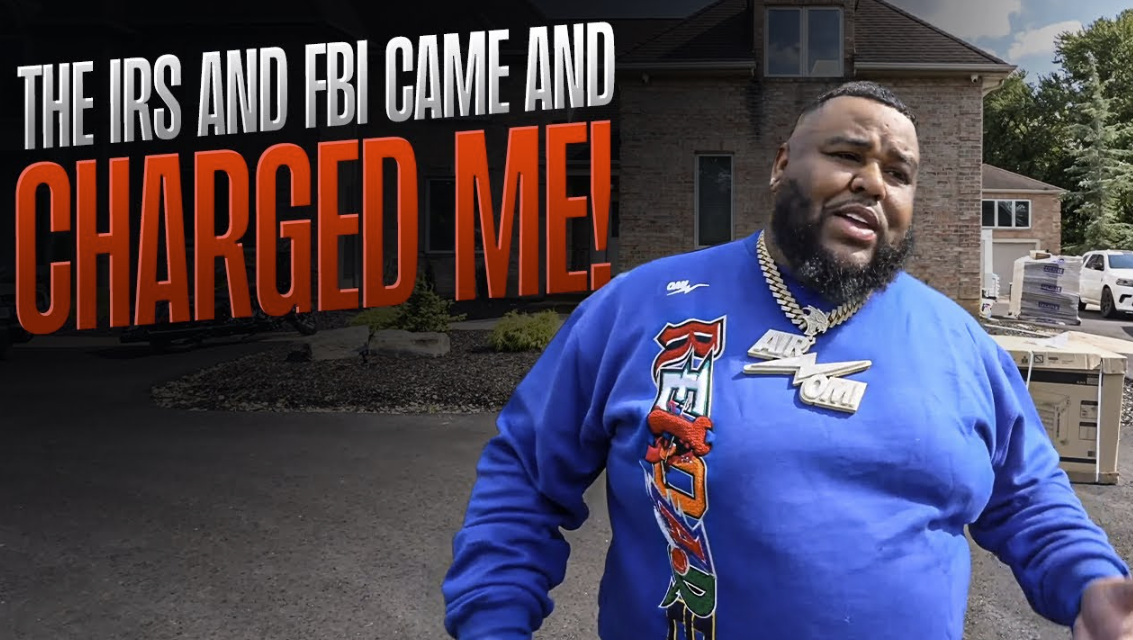
This week, counsel for Barone filed a sentencing memorandum explaining why the court should go easy on him. His story is fairly typical of people who take an interest in piracy at a base level and then find it difficult to check their own momentum.
Claims of being threatened by two sets of gunmen, and allegations that Carrasquillo himself threatened to kill Barone if he quit his job, are both extraordinary and unprecedented.
Barone Was Lured in By Carrasquillo’s Advertising
As outlined in the memorandum filed in court this week, Barone previously had a completely clean record. Having worked as a New York City train conductor, Barone quit in 2016 to become a full-time carer for his father. To make ends meet he began looking for work he could do from home, tech support in particular.
Barone had some experience with computers and had been hearing about a “new kind of television service called ‘IPTV’.” After discovering a chatroom run by Carrasquillo that advertised his ‘Reboot’ IPTV service, Barone decided to educate himself on the pros and cons of IPTV.
Barone says that Carrasquillo’s reading of “antiquated laws governing copyright protected television and movie content” led him to sign up to Carrasquillo’s service for a month.
From there, things escalated quickly. After participating in the service’s chatroom, Barone found himself helping people out. Carrasquillo spotted Barone’s work and offered him a job as a moderator. Barone says he was paid 25 cents for every support ticket he answered, earning him between $250 and $500 per week via PayPal.
Barone says he studied how Carrasquillo made his money; subscriptions to his Reboot IPTV service and advertising revenue from IPTV tutorials on YouTube, for example. The New York man also noted how Carrasquillo created “media hype and self-serving videos” to increase his following, which in turn encouraged more sales.
Moderator Becomes Admin
The time-honored tradition of promotion in file-sharing and other piracy circles is the transition from moderator to administrator. When Barone’s time came, his pay increased to between $400 and $600 per week, he says. New responsibilities included overseeing other moderators, supporting IPTV resellers, and remotely installing software on servers in Canada and the United States.
“Mike researched the legalities online and found numerous articles and blogs expounding on the benefits of IPTV and discussion of the legality of streaming,” counsel for Barone writes.
“Gradually Mike became convinced of the rosy picture painted by Carrasquillo and others in the IPTV world — that the legality of streaming television channels through an independent service was a ‘gray area’.
“Essentially, Mike became convinced that streaming was not illegal due to the outdated provisions of the Copyright Act, and was convinced that Carrasquillo’s service did not offer recorded content,” the memorandum continues.
According to Barone, the “legal loophole” IPTV business model made Carrasquillo “so flush with cash” that he began branching out into real estate and “buying up properties — in cash — at weekly auctions, purchasing bars and nightclubs.”
Carrasquillo’s Demeanor and Gears TV
As his company grew, and transitioned from the name Reboot to Gears, Barone says he observed Carrasquillo becoming “increasingly erratic and obnoxious.”
“[C]onstantly posting offensive videos flashing large boxes of U.S. currency, boasting about how much money he was making, displaying garish signs of wealth in jewelry, houses, bank accounts, sports cars, exotic dancer clubs, and directly and explicitly mocking law enforcement while declaring his income legitimate and that he was untouchable from law enforcement,” Barone says.
Still from one of Carrasquillo’s YouTube videos

When Carrasquillo began posting videos online “openly threatening people perceived as undermining him or betraying him in some way,” Barone says he became afraid and decided to leave Gears TV. According to Carrasquillo’s co-defendant and then employee, that’s when the threats began.
“If you leave, I’ll kill you”
After Carrasquillo reportedly began posting videos of himself visiting local banks, making cash withdrawals of “hundreds of thousands of dollars” at a time, while “obnoxiously cursing at and declaring to bank personnel that he was entitled to his own money at any time, for any reason,” Barone says his desire to leave the IPTV business increased.
Barone claims that when he told Carrasquillo he wanted to quit, on several occasions his boss responded with “if you leave, I’ll kill you” – and not in a joking manner, Barone insists. From there, the situation only became worse.
“Thereafter, one day in the fall of 2017 when Mike left his house in Queens to walk to a local store, a car pulled up to him, a man exited while showing Mike a gun and announced ‘if you leave I’m gonna come back and see you’,” Barone’s counsel notes.
With no other conflict in his life, Barone concluded that this was a message from Carrasquillo. There’s no evidence presented in the memorandum to indicate that Carrasquillo was actually involved but the incident wasn’t the last of its type.
“In the spring of 2018, the same type of incident occurred again wherein Mike left his house and was walking up the street when a car pulled up and a different man got out, this time pointing the gun directly at Mike and stated ‘we’re not gonna tell you again. If you leave, we’re coming back’.”
Barone Leaves Gears TV
Barone’s memorandum states that he reported none of these alleged threats to the police; he hatched a plan to grind down co-defendant Jesse Gonzales instead.
Through the use of accusations and insults, Barone planned to antagonize Gonzales to the extent he would recommend to Carrasquillo that Barone should be fired. The memorandum doesn’t say whether the plan worked or was even attempted, but Barone reportedly left Gears in August 2018.
Gears TV channels (reseller ad)

“After Mike left, Carrasquillo and Gonzalez and others helping continued on with the
business for more than a year, until the FBI executed search warrants on Omar Carrasquillo in November 2019,” the memorandum claims.
With Carrasquillo continuing to post videos online, including those that highlighted the “legal loophole” and questioned why he was being targeted by the U.S. Government, Barone watched events roll out in the media. Several months later, the FBI requested a meeting.
FBI Wanted to Discuss Gears TV
In February 2020, the FBI contacted Barone to discuss Gears TV, leading to a three-hour interview in New York conducted by two agents who wanted to know everything Barone could tell them about the service. The FBI did not search his apartment or seize any electronic equipment – Barone says he took that to mean he wasn’t the focus of the investigation.
A year later in March 2021, a second FBI interview with two agents took place in a restaurant parking lot in New York. Barone went on to hire an attorney who coordinated the handover of Gears-related documents, including personal banking and financial records, to the FBI.
Like Carrasquillo before him, Barone was arrested and charged with offenses related to the IPTV empire.
The case involved 120 terabytes of data in electronic discovery alone. Thousands of Hollywood movies, TV shows, sports events, and other programming accounted for the lion’s share. A reported 14 terabytes of data required actual review by the defense.
“For reference, one terabyte of data contains approximately 2 million pages of documents, or hundreds of social media videos,” the memorandum helpfully points out.
Mitigation
After many months of intensively reviewing “massive amounts” of discovery, and “hundreds of hours of discussion” between the defendant, his counsel and a support team, the memorandum notes that Barone came to understand he could be found responsible for being part of a conspiracy.
The Government’s evidence shows that for a two-year period, Barone was essential to the operations of the business day-to-day by assisting customers. For balance, Barone had no access to Carrasquillo’s massive profits, was paid a limited salary, and had no interest in the company.
Barone made no effort to hide himself online, using VPNs or Tor, for example, but was aware that Carrasquillo obscured sales of Reboot and Gears subscriptions by using the term ‘webhosting’. Barone also had encoders and other TV equipment set up at his house.
Overall Conspiracy Infringement: $167,817,004.60
As things stand, Barone appears liable for $64,912,444.52, representing a third of the overall conspiracy amount of $167,817,004.60.
The fact that the other two-thirds are attributable to Carrasquillo and Gonzalez appears to be a point of contention for Barone’s defense team. Barone’s total earnings amount to $122,402, and even if it’s decided he owes that in restitution, he’ll likely spend his whole adult life paying that off.
The statutory maximum sentence is five years imprisonment and Barone’s team believe that all things considered, sentencing guidelines indicate 8-14 months in prison. Barone also has a clean criminal history, setting him apart from the other defendants.
In summary, Barone’s team believe he “took a job ‘under the table’ so he could work from home,” and “turned his head away from recognizing” that the business was questionable.
“In spite of threats to his safety if he left, he did eventually leave. While the business was massively lucrative for Carrasquillo, Gonzalez, and perhaps a few others,
Barone was kept on the outside of the profits and the planning, including the massive money laundering,” the memorandum concludes.
Barone’s Sentencing Memorandum, filed Wednesday at the United States District Court for the Eastern District of Pennsylvania, can be found
here
(pdf).
From:
TF
, for the latest news on copyright battles, piracy and more.
chevron_right
 For those who care to remember it, November 2016 was a dark month for communities with a penchant for sharing files. Two huge sites fell in a matter of days, both courtesy of French authorities.
For those who care to remember it, November 2016 was a dark month for communities with a penchant for sharing files. Two huge sites fell in a matter of days, both courtesy of French authorities.

 In 2021, a group of Grand Theft Auto enthusiast programmers released ‘re3’ and ‘reVC’, a pair of reverse-engineered modifications for GTA 3 and Vice City.
In 2021, a group of Grand Theft Auto enthusiast programmers released ‘re3’ and ‘reVC’, a pair of reverse-engineered modifications for GTA 3 and Vice City.
 The major record labels don’t want the public to download music from YouTube, which is common practice for millions of people.
The major record labels don’t want the public to download music from YouTube, which is common practice for millions of people.
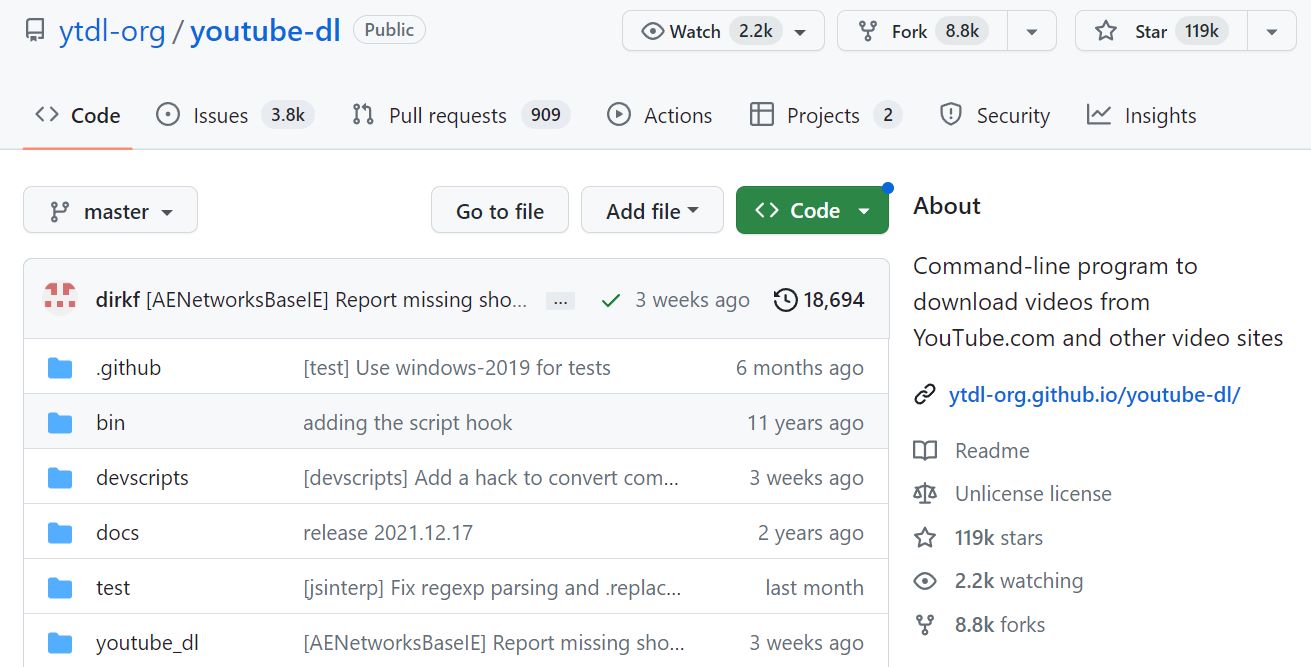

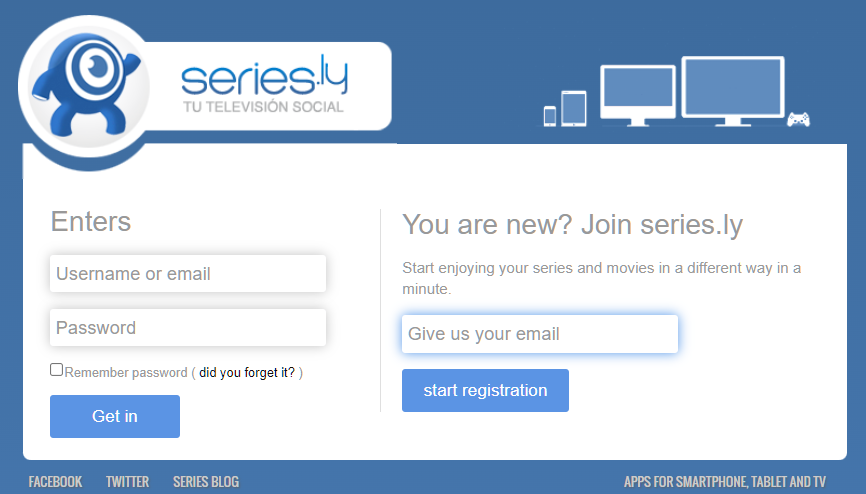
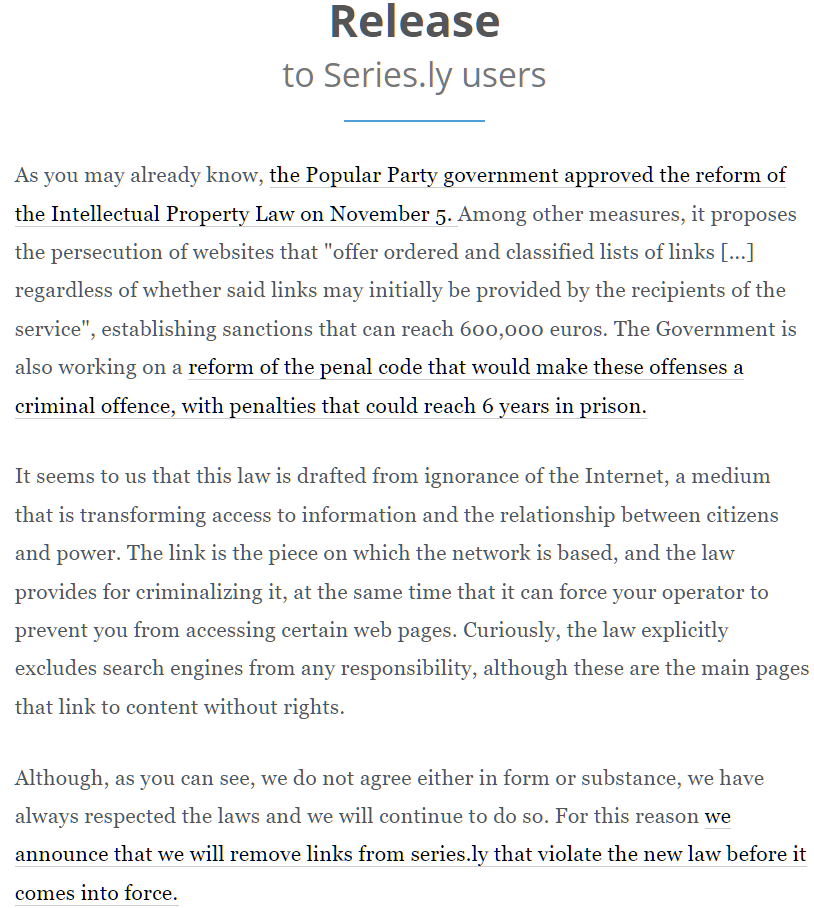
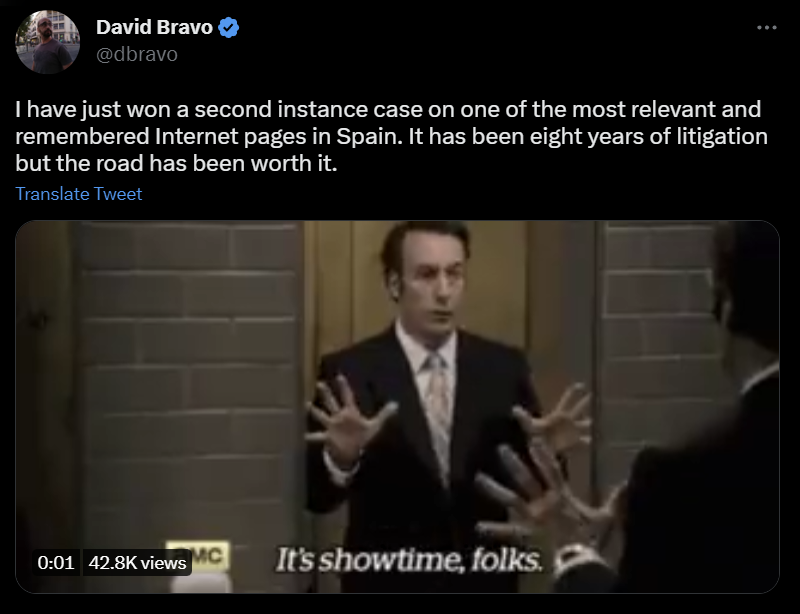
 In the summer of 2021, game developer Bungie filed a complaint targeting three well-known cheat sellers;
In the summer of 2021, game developer Bungie filed a complaint targeting three well-known cheat sellers;
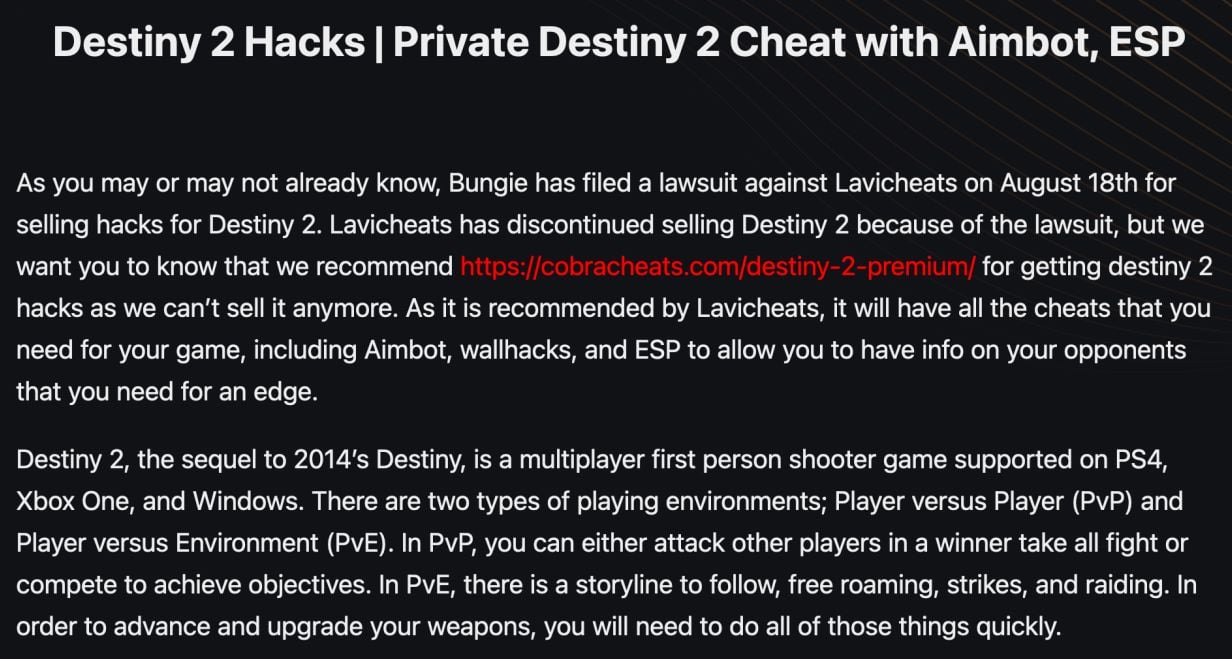


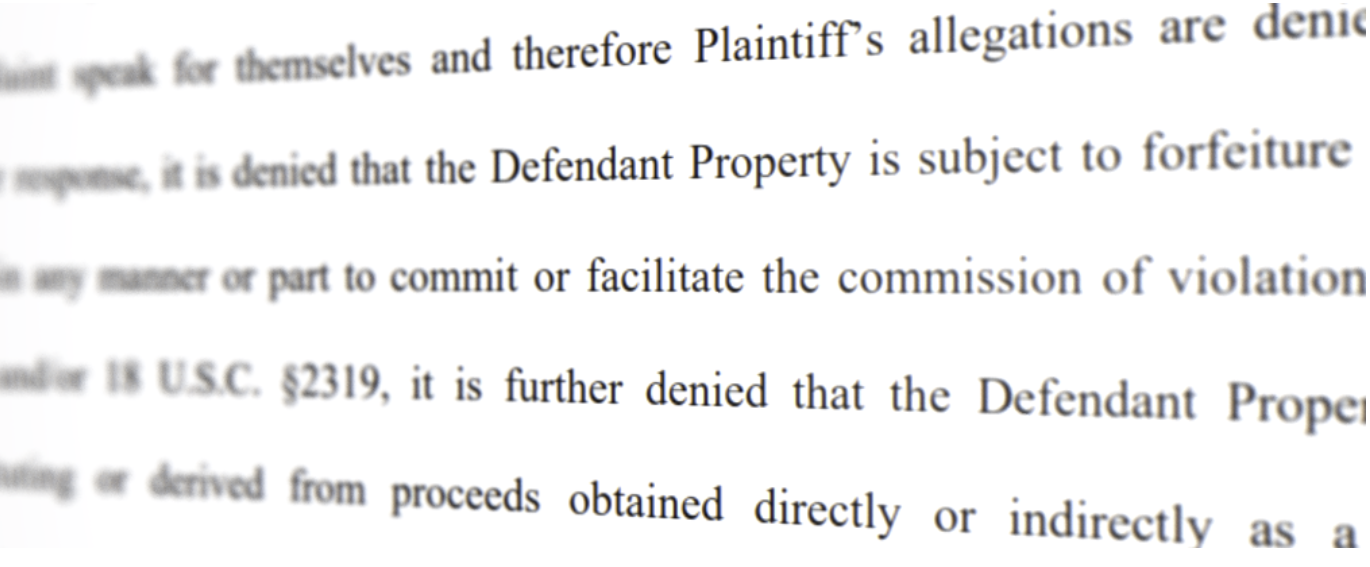


 Pornhub is without a doubt one of the most visited adult entertainment outlets on the Internet.
Pornhub is without a doubt one of the most visited adult entertainment outlets on the Internet.




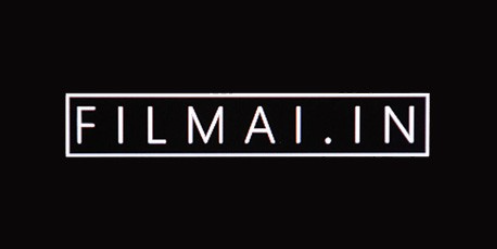

 Strike 3 Holdings is a familiar name in U.S. federal courts. Last year alone the adult entertainment company filed a
Strike 3 Holdings is a familiar name in U.S. federal courts. Last year alone the adult entertainment company filed a

